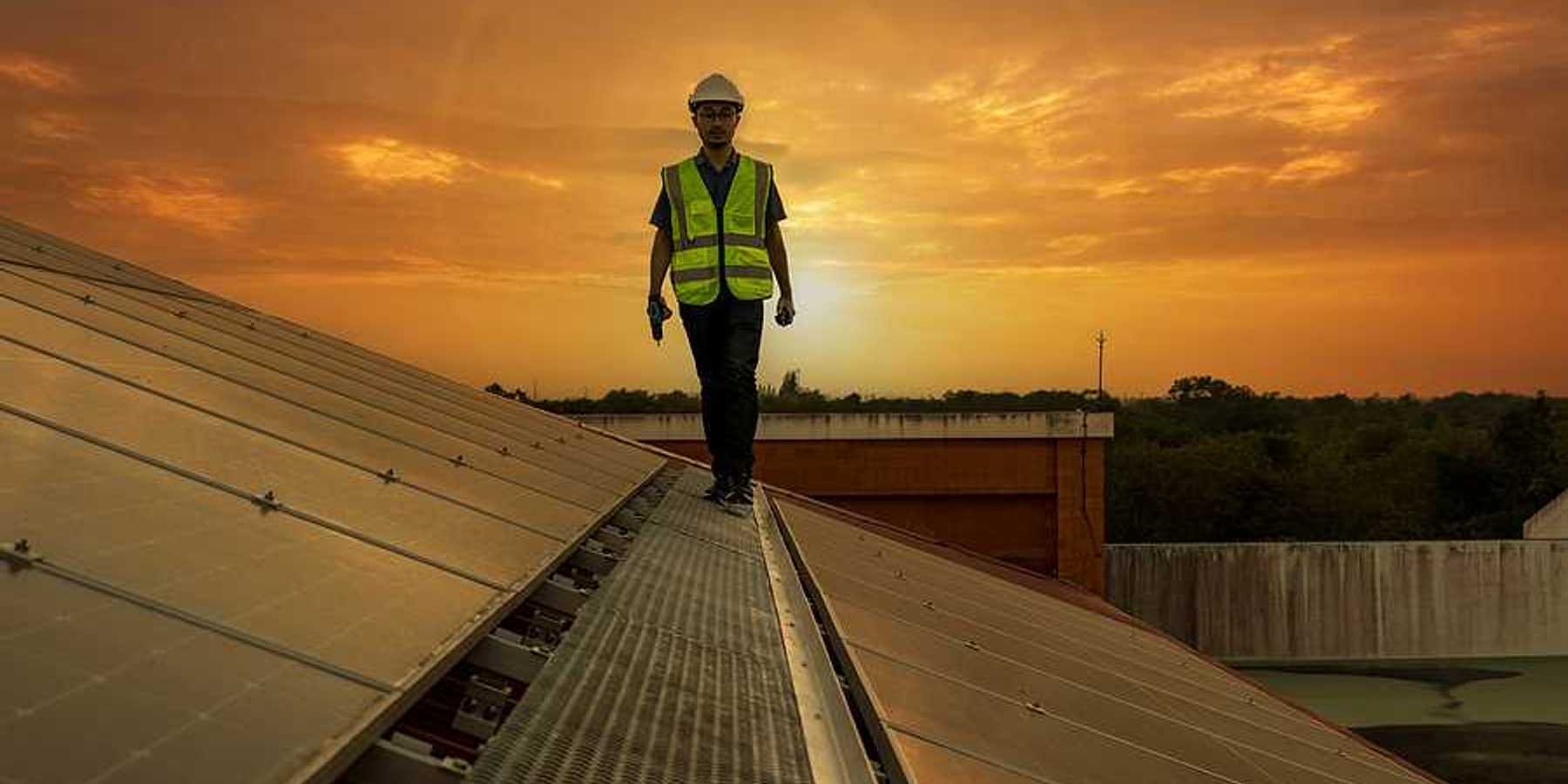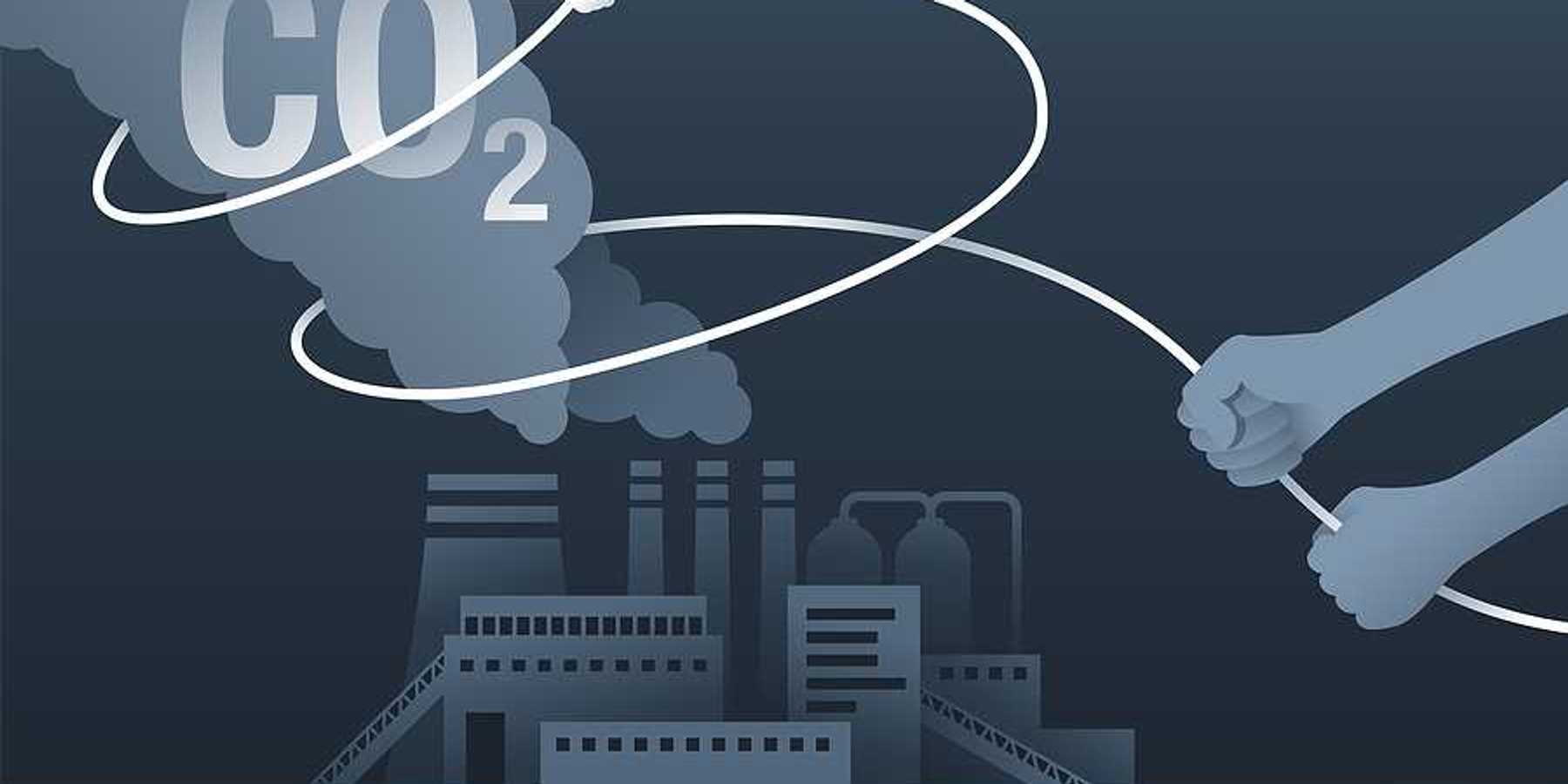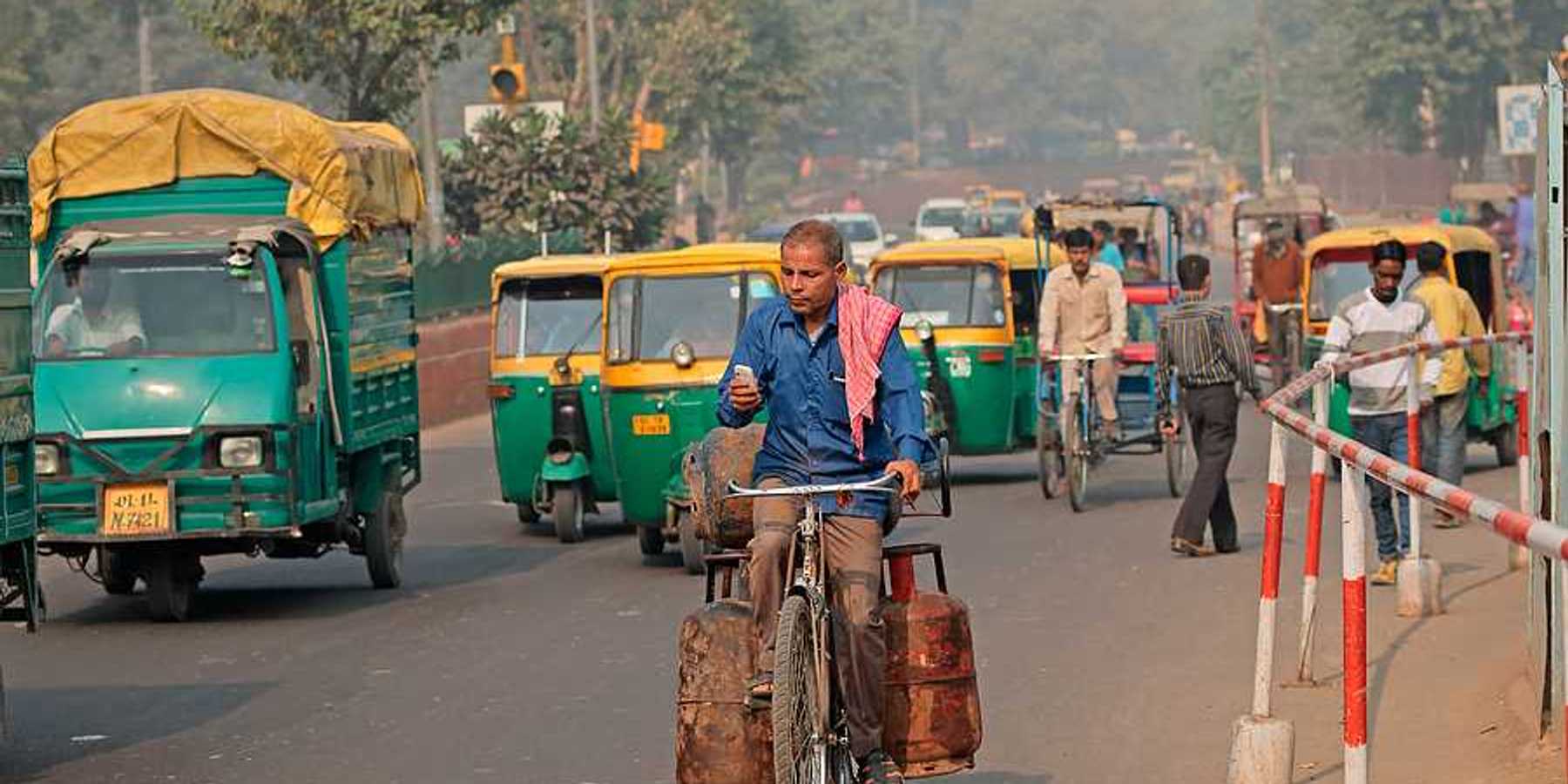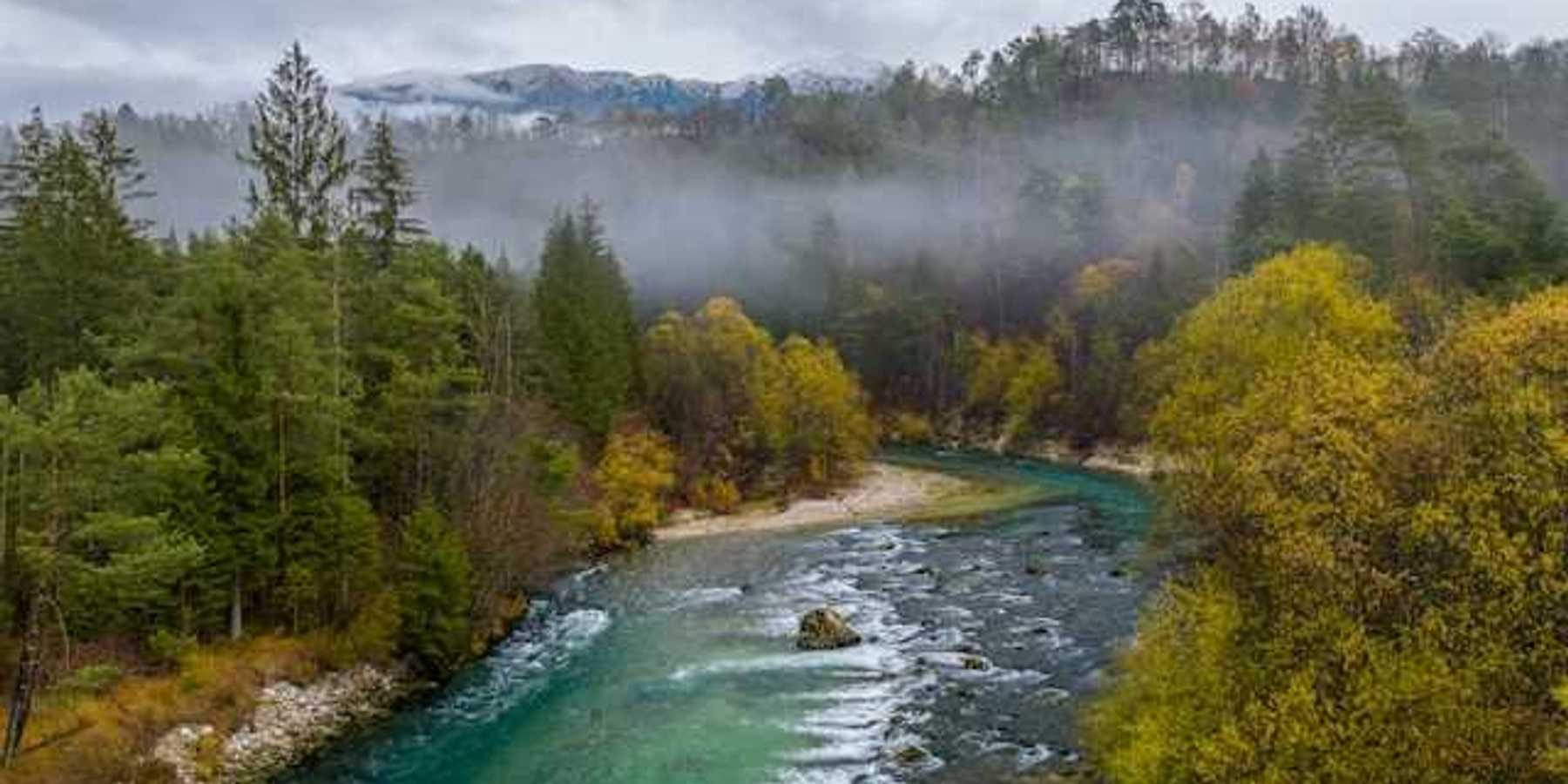Insurers warn climate change could unravel financial markets and endanger capitalism
A top executive at Allianz says the climate crisis is pushing insurance and broader financial systems toward collapse as rising temperatures and extreme weather make entire regions uninsurable.
Damian Carrington reports for The Guardian.
In short:
- Allianz SE board member Günther Thallinger warned that global warming is rendering climate risk uninsurable, leading to cascading failures in housing, investment, and credit markets.
- At projected warming levels between 2.2C and 3.4C, insurers will no longer be able to cover many risks, leading to systemic financial instability and the breakdown of essential market mechanisms.
- Thallinger stressed that cutting fossil fuel use is the only viable path to preserving financial stability, as no government can absorb the costs of repeated high-impact climate disasters.
Key quote:
"There is no way to ‘adapt’ to temperatures beyond human tolerance … Whole cities built on flood plains cannot simply pick up and move uphill.”
— Günther Thallinger, board member, Allianz SE
Why this matters:
In the increasingly volatile era of climate change, the insurance industry — long considered a stabilizing force for modern economies — is beginning to buckle under the weight of escalating environmental disasters, threatening the foundations of the financial sector. Insurers have traditionally absorbed the financial shock of wildfires, hurricanes, floods, and droughts, but the new normal of climate-fueled extremes is forcing them to reassess risk, and in many cases, retreat. Entire swaths of high-risk states like Florida and California are now facing partial or full withdrawal from major insurers, leaving homeowners without coverage and entire communities economically exposed. As the planet continues to warm, experts warn that climate-driven instability in the insurance sector could deepen global inequality, creating pockets of uninsurable — and therefore uninhabitable — territory.
Read more: Insurance woes increase as climate change impacts profitability













